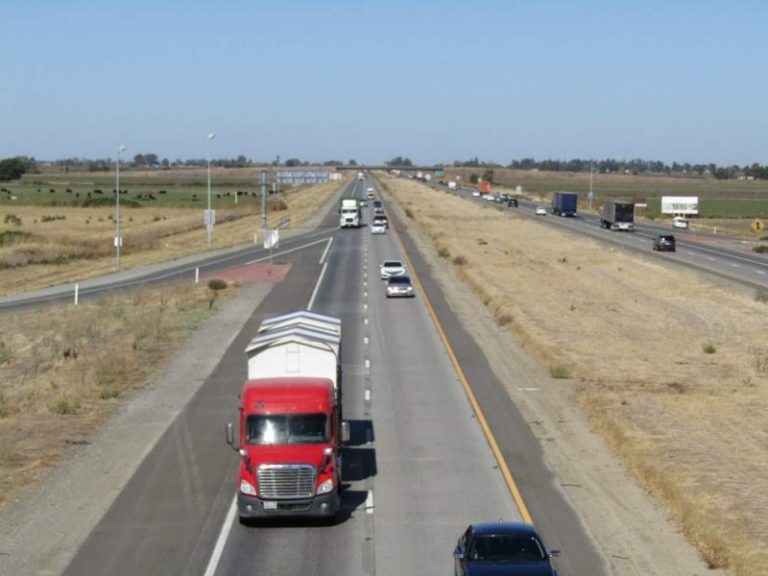Do Higher Speed Limits Cause More Car Accidents?
People from outside of Arizona looking in on our state may find themselves a bit confused by the speed limit laws here. While 75 mph is the limit, legislation was put forward in 2015 to essentially decriminalize any speeds up to 10 mph over the limit. Of course, residential areas and certain cities can set their own speeds, but Arizona has an overall outlook on them that reducing limits too much can be detrimental to the safety of drivers in general. But do higher speeds cause more accidents, and do higher speed limits also cause more accidents?
Speeding Is Certainly Deadly
If there’s one thing that should not be up for debate, it’s that speeding is a deadly practice. In 2017, speeding accounted for over 25% of all fatal auto accidents, and that doesn’t even factor in the number of non-fatal accidents that speeding causes. From a physics standpoint, this makes sense; higher speeds can lead to a driver having less time to react to sudden changes or unexpected situations. Should an accident occur, higher speeds exert greater forces upon the body and can cause more severe injuries. The danger of speeding also applies to situations where the posted speed limit is being obeyed. If the limit on a road is 75 mph but the roads are slick with rain, you may be driving too fast for the given conditions. That danger applies to other drivers, too; you could be driving safely but someone else could be speeding, hydroplane, and crash into you. If that happens, you’d want to speak with an Arizona auto accident attorney.
Do Higher Speed Limits Contribute To Crashes?
In the U.S., states and localities are free to set speed limits based on what they feel is best for their area. This is why large freeways in Arizona can be set at 75 mph but in Phoenix, they can range anywhere from 25 to 55 mph depending on the area of the city you’re in. The city of Phoenix insists that if speed limits are set unrealistically low, people will just exceed the limits anyway and create a dangerous situation when other people do follow those reduced speeds. Some studies have shown that as speed limits nationwide have risen over the last 25 years, approximately 37,000 people have been killed because of them. One study, in particular, indicates that a 5 mph increase in a speed limit leads to an 8% rise in fatalities, while that same 5 mph speed increase would not save people much time off of a trip.
There Is Little Definitive Proof Higher Speed Limits Cause More Crashes
Despite the aforementioned study, other groups state that there’s no definitive conclusion that the higher speed limits actually cause the accidents. While higher speeds can certainly make the effects of an accident more severe, the fact that the speed limit is higher may not have been the reason behind the crash. Regardless of whatever the case may be, excessive speed can still be the cause of an accident and possibly be indicative of negligence. Speaking with an auto accident lawyer regarding the circumstances of your crash might be your best option to see if you have a case to pursue.
Involved In A Crash? Contact ELG Law Today
Even though speeding may be a socially “acceptable” crime, one that almost every driver has committed at some point in time, it doesn’t make it safe to do. One mistake at high speed can injure yourself or others. If you’ve been the victim of such an accident, contact ELG Law at 623-321-0566 for a free consultation. Obeying speed limits can’t always protect you against the actions of others but ELG Law may be able to help you protect your financial wellbeing if you have a case.
Law News Feed
All NewsWho Is Liable for Damages After a Truck Accident?
According to information from the National Highway Traffic Safety Association, more than 2,500 truck accidents occur each year in Arizona. It goes without sayin…
Common Injuries After a Motorcycle Accident
Motorcycle accidents kill or severely injure individuals more frequently than any other type of crash, resulting in immense amounts of suffering and financial d…

